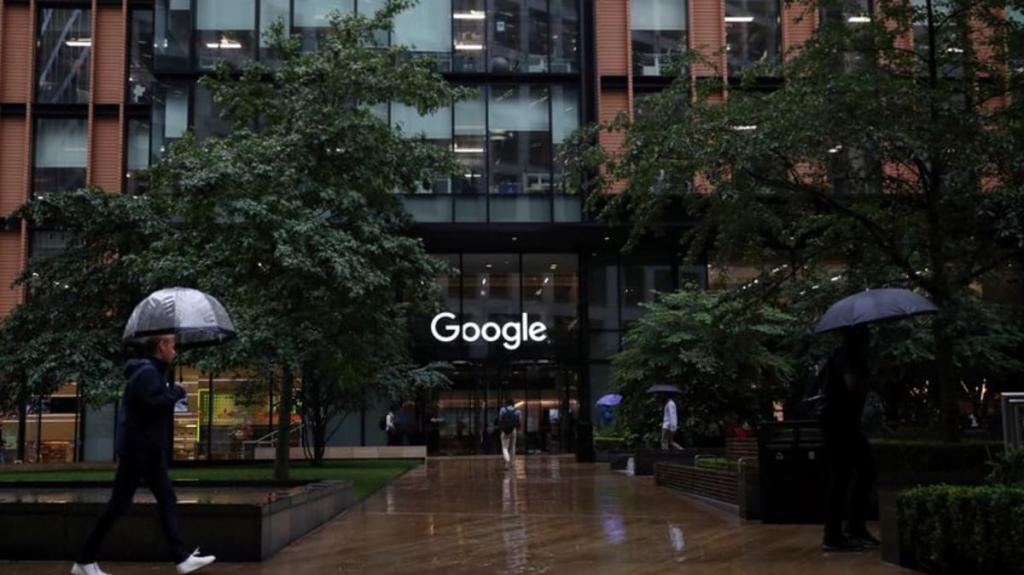Court Ruling Threatens Net Neutrality and Internet Access
Explore how the recent court ruling jeopardizes net neutrality, impacting internet access and consumer protections in today's digital landscape.
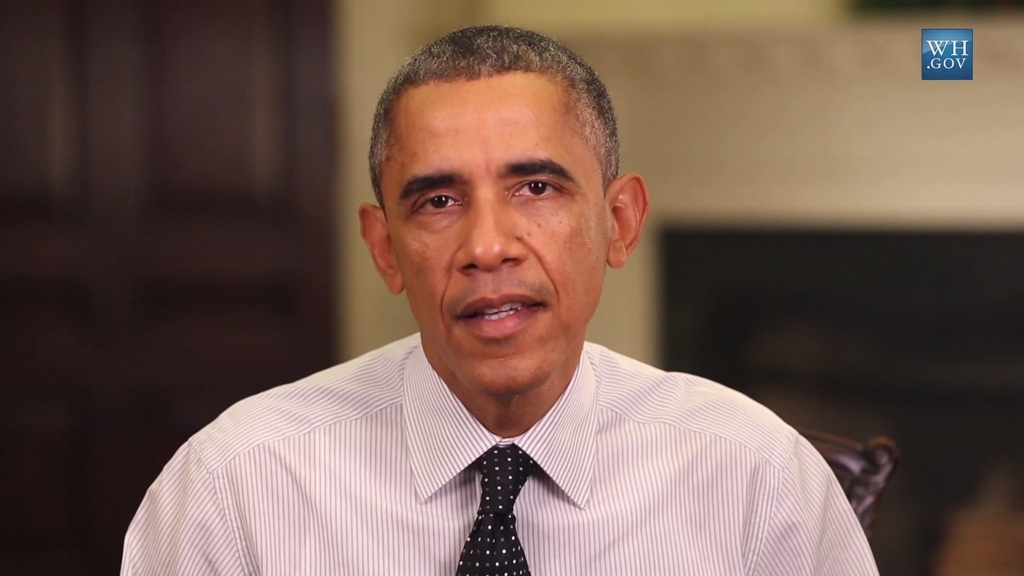
Key Points
- The Sixth Circuit Court ruled that the FCC lacks the authority to reinstate net neutrality rules, impacting internet access for consumers.
- This decision reflects ongoing challenges in maintaining consumer protections in a politically fluctuating regulatory landscape.
- Advocates stress the need for congressional action to ensure an open internet in the wake of the ruling and its implications for broadband providers.
The ongoing saga of net neutrality in the United States recently reached another critical juncture. On a pivotal day for consumers and stakeholders alike, the Sixth Circuit Court of Appeals ruled that the Federal Communications Commission (FCC) does not possess the legal authority to reinstate net neutrality rules that were rolled back during the Trump presidency. This decision has significant implications for internet users across the nation and reflects the ongoing struggle between broadband providers and net neutrality advocates.
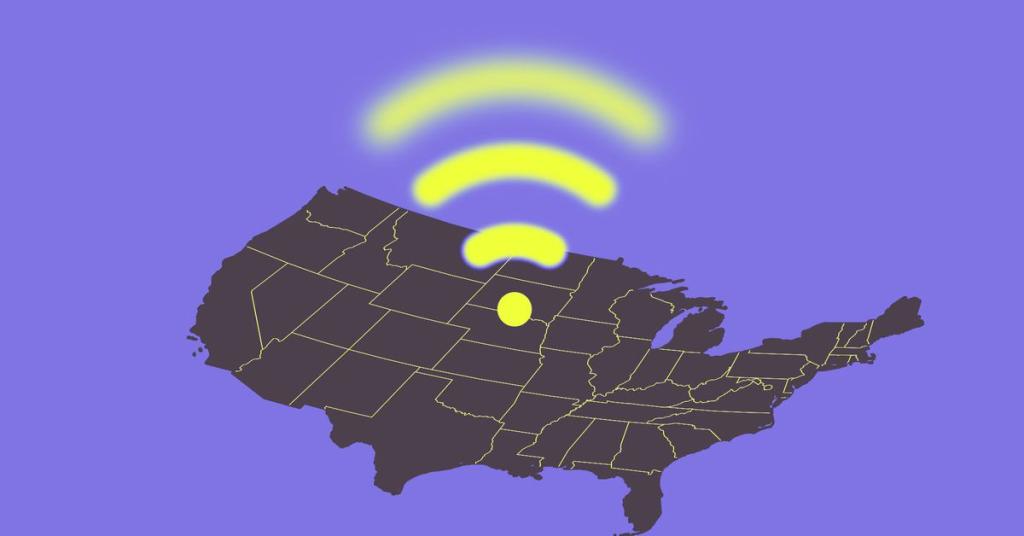
Understanding Net Neutrality
At its core, net neutrality is a principle that mandates internet service providers (ISPs) to treat all internet traffic equally. This means that providers cannot prioritize or discriminate against specific content or users. The rules aim to protect consumers from scenarios where they could be charged more for faster access to particular services or suffer slow speeds on selective platforms. Such regulations were initially put in place in 2015 under
but were abolished by the Trump administration in 2017, igniting a fierce debate over internet regulations.
The Court's Decision
The decision from the Sixth Circuit came as a surprise to many advocates of open internet. The court underscored that the FCC exceeded its authority when trying to classify broadband providers as "telecommunications services" instead of "information services". This classification change was central to repealing the net neutrality rules as it significantly limits the regulatory reach of the FCC.
The implications of this ruling are profound. The judges referenced a recent Supreme Court decision known as Loper Bright, which curtailed the deference courts used to give federal agencies on legal interpretations. This shift means that courts can now prioritize their interpretations over that of the FCC, leading to potential weakening of regulations across many sectors, not just telecommunications.

The Future of Internet Regulation
What does this ruling mean for the actual enforcement of internet neutrality? While the state-level regulations in places like
may still hold, federal protection for net neutrality now requires legislative action from Congress. This reality could usher in a new era where consumer protection policies hinge on the political climate rather than regulatory agencies. In an age where powerful corporations can influence policy significantly, this places consumers at a precarious disadvantage.
, the outgoing Chair of the FCC, expressed the urgent need for Congress to act: "Consumers across the country have told us again and again that they want an internet that is fast, open, and fair". This cry for action showcases consumers' expectations and highlights the necessity for a consistent framework to prevent ISPs from monopolizing access to information.
If Not the FCC, Then Who?
With the FCC's authority curbed, the question arises: Who can effectively step in to protect consumers? Advocacy groups are already stepping up, pushing for comprehensive legislation to guarantee an open internet. They argue that a national standard is critical in an interconnected digital landscape. As we stand at this crossroads, public pressure continues to mount, urging lawmakers to consider the ramifications of unregulated internet access.
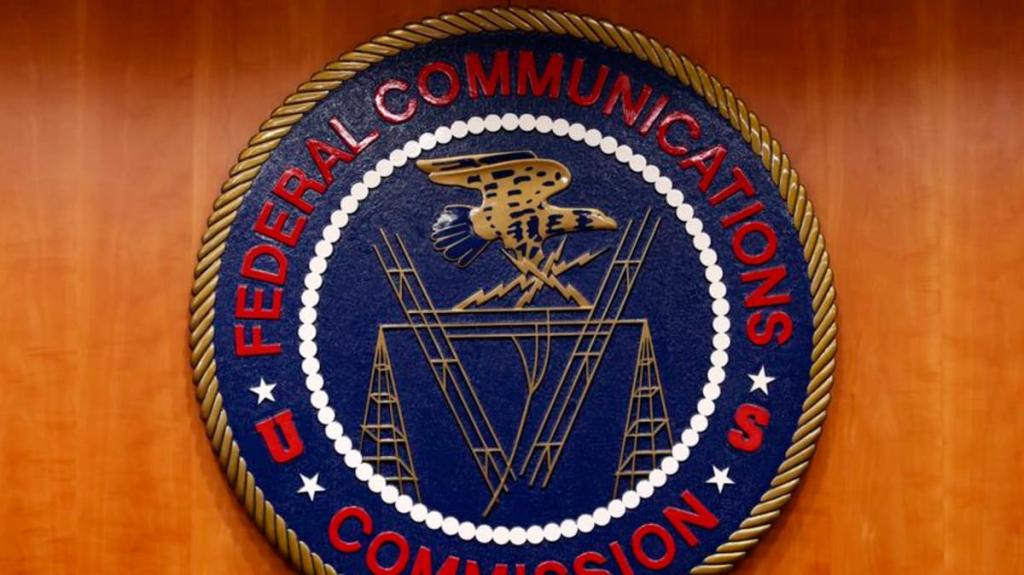
This moment is a call to action for internet users to stay informed and engaged in the legislative process. The fight for net neutrality is not merely about technical jargon; it embodies the fundamental right to access information freely and equitably.
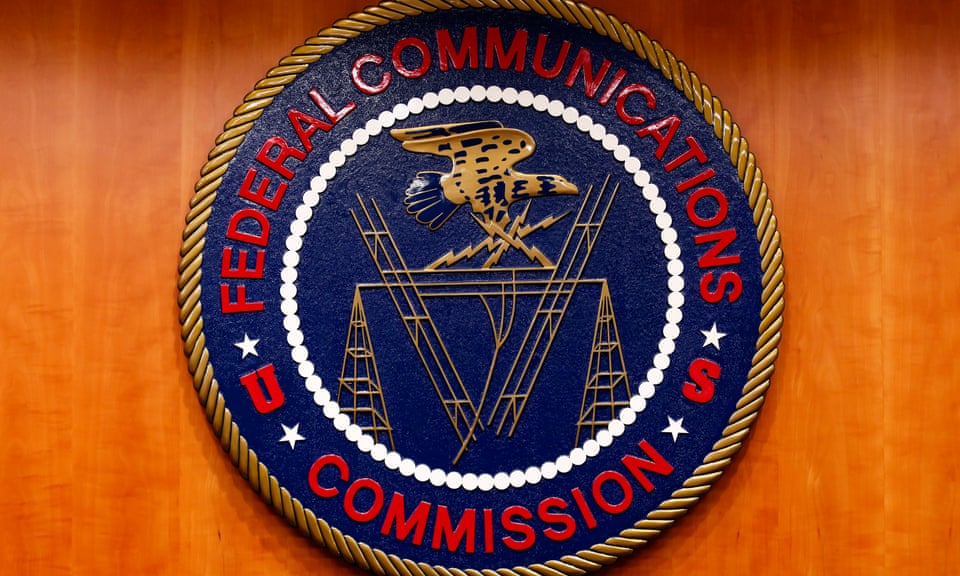
In closing, the recent ruling by the Sixth Circuit emphasizes the necessity for clear legislation surrounding net neutrality and consumer protections in today's internet landscape. As consumers, our voices matter immensely, and engaging with our representatives on these issues is vital. The path ahead may be uncertain, but the call for a fair and open internet remains imperative now more than ever. With ongoing advocacy, the principles of net neutrality can still paves the way for a more equitable digital environment.

